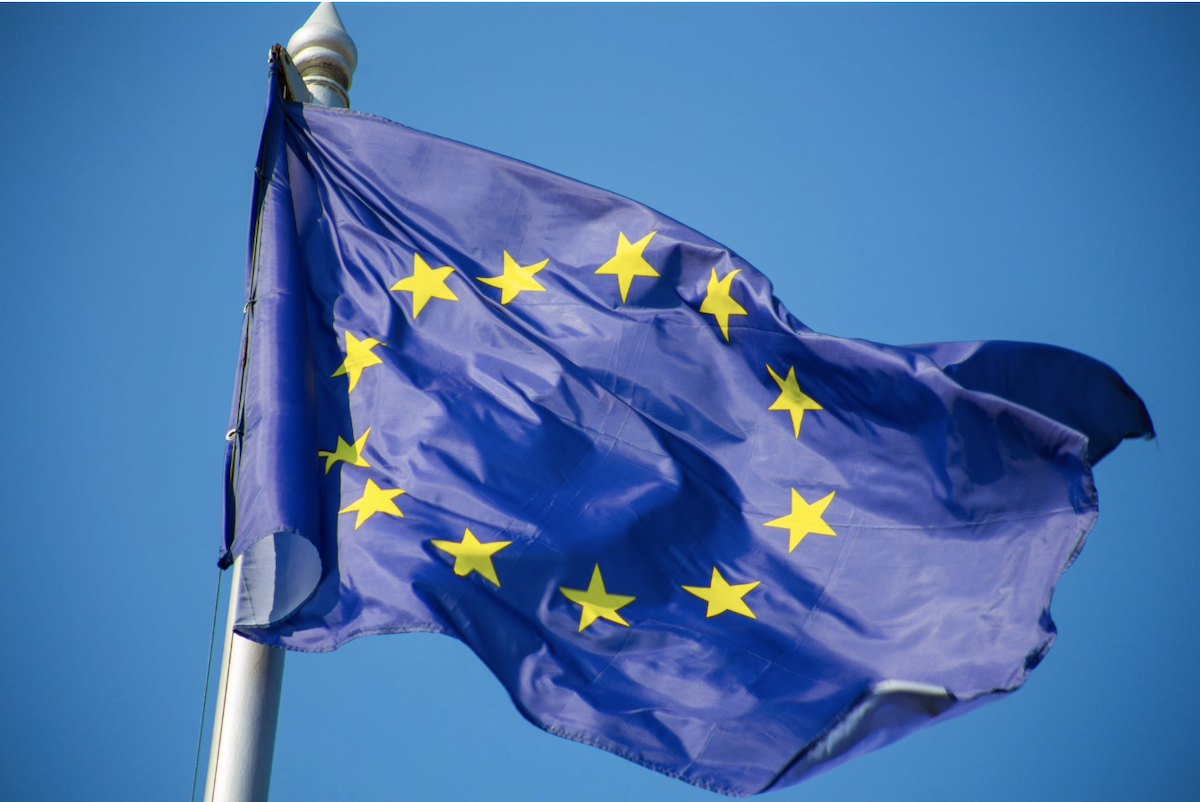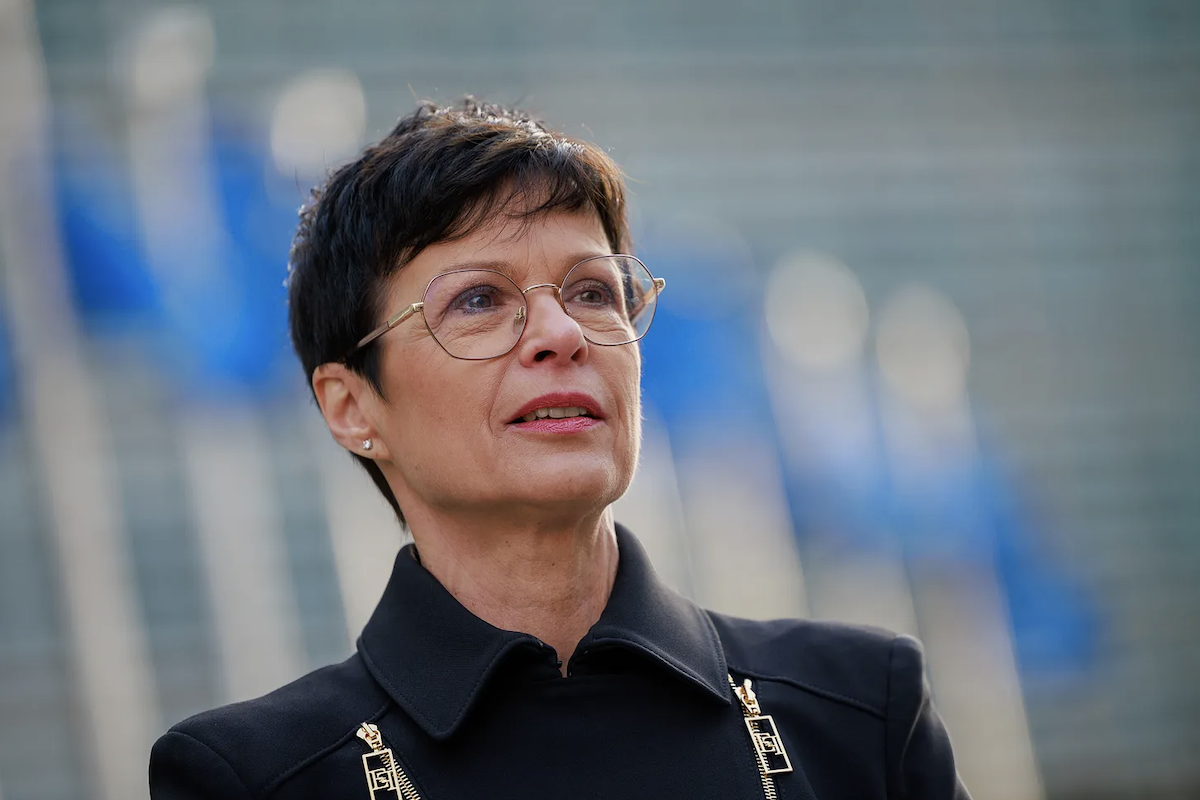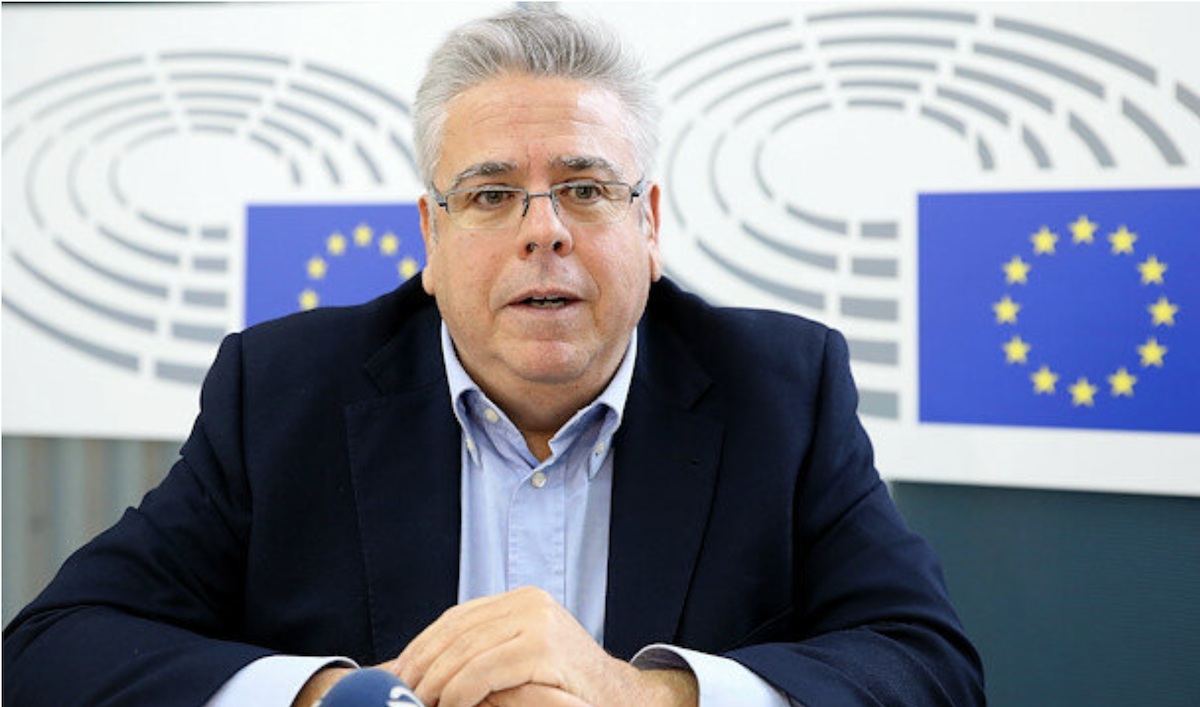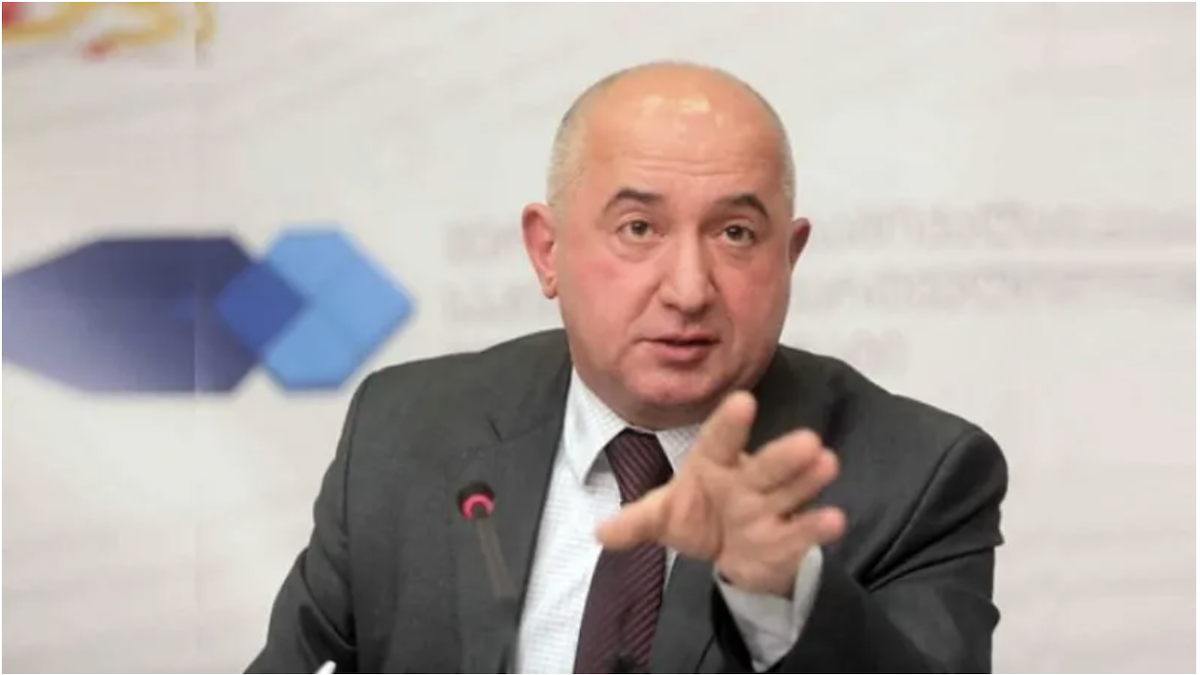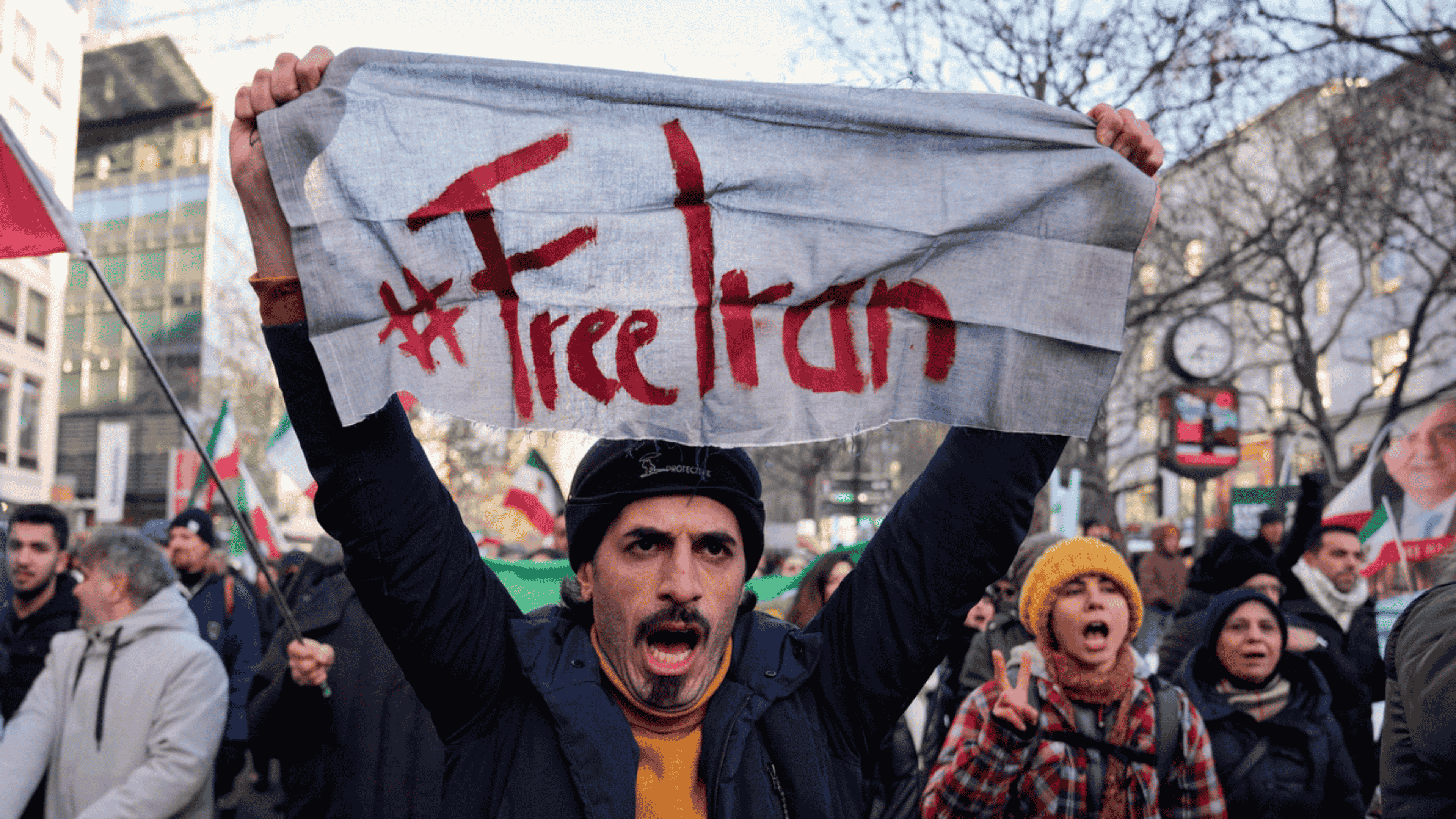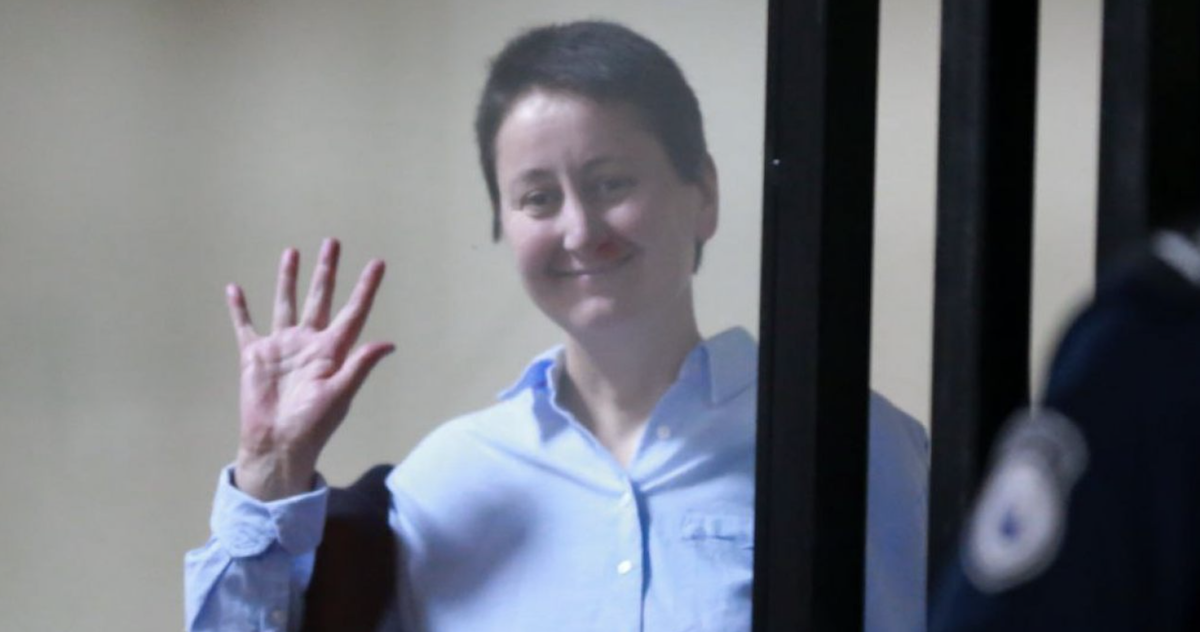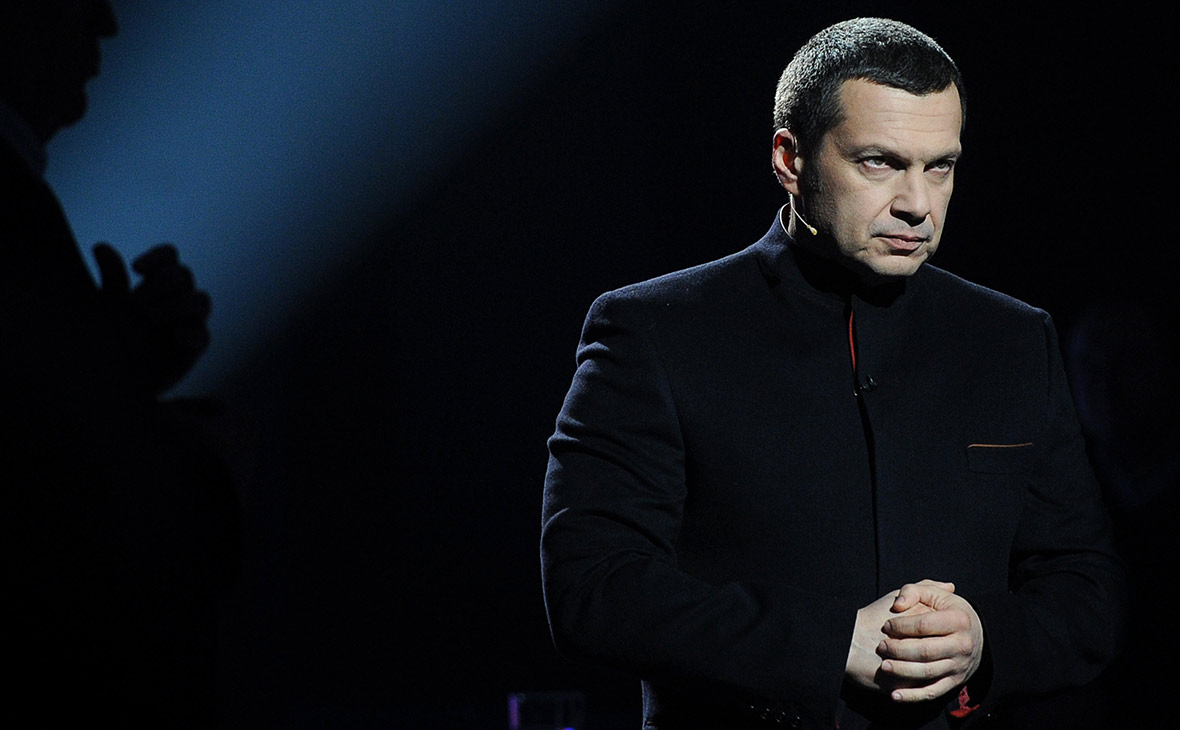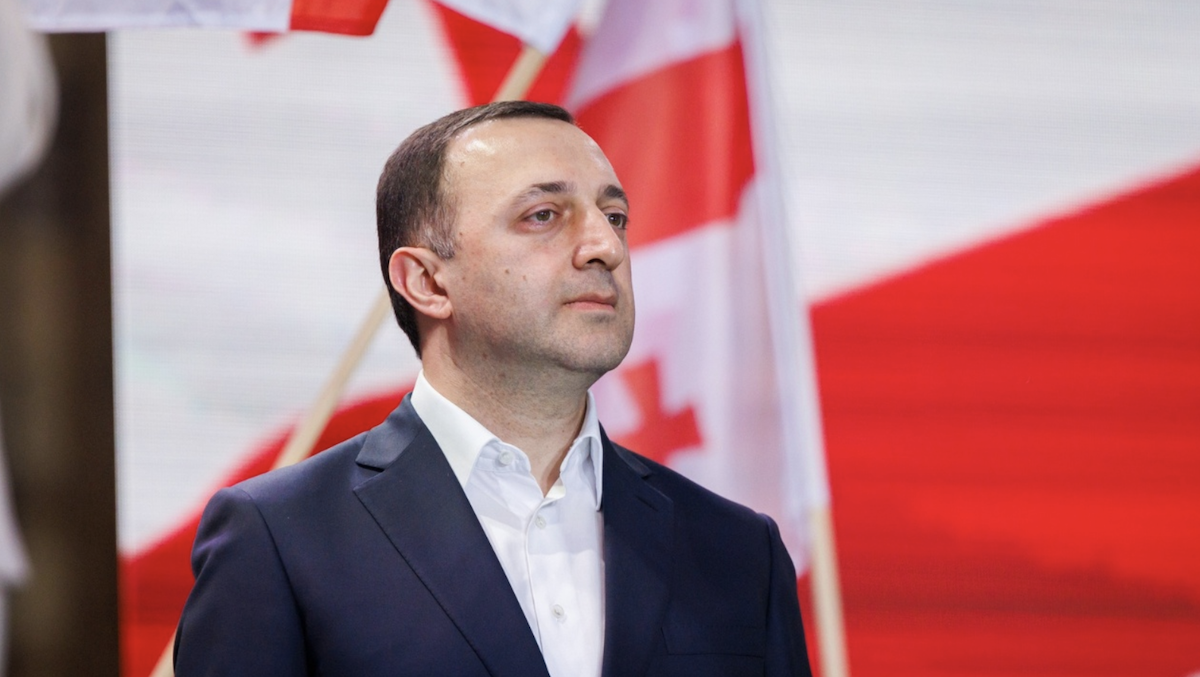EU envoy: 'Ukraine and Moldova are ahead of Georgia, which is now further from EU than when it received candidate status'
EU envoy on Georgia’s loss of EU integration
EU Ambassador to Georgia Pawel Herczynski said on 12 November that Ukraine and Moldova are now significantly ahead of Georgia, which is currently further from the EU than it was in 2023, when the country received candidate status.
Herczynski also refuted claims by the ruling Georgian Dream party that it was the EU, not them, that halted Georgia’s accession process. “It was the leaders of Georgian Dream who stopped the country’s European integration,” he stressed.
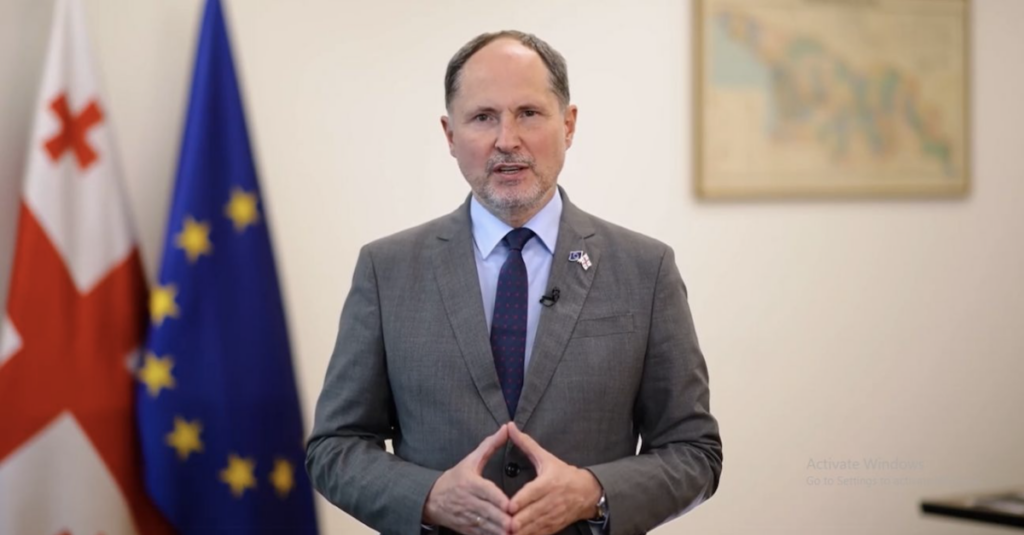
Statement by EU Ambassador to Georgia Pawel Herczynski
“On the path to enlargement, Ukraine and Moldova have advanced much further than Georgia. In Ukraine’s case, this is happening despite the brutal and aggressive war. The Ukrainian people are resisting Russian aggression while simultaneously carrying out very complex reforms.
Moldova is facing hybrid attacks from Russia. Despite such strong pressure from Moscow, the people of Moldova recently voted for Europe in the parliamentary elections.
Both Ukraine and Moldova are on track to join the European Union soon. Unfortunately, in Georgia’s case, we are witnessing the opposite situation.”
Two years after receiving candidate status, Georgia is further from the EU than it was in 2023
This is evident from the enlargement report published by the European Commission exactly a week ago. Regarding Georgia’s aspiration for EU membership, the report is damning.
It clearly states that Georgia is now further from the EU than it was two years ago, when it was granted candidate status. The Georgian government must change course and return to the path of European integration.
It was the Georgian Dream government that decided to apply for EU membership in March 2022. The European Union granted Georgia candidate status in December 2023.
Of course, Georgia has the right to make its own legislative decisions. It can pass whatever laws it wishes. But my task, and that of the European Union, is to point out to Georgian Dream and to the people of the country which laws are not aligned with EU standards.
In the spring of 2024, we stated clearly and publicly that we did not recommend adopting the “foreign agents” law and warned that it would have negative consequences. As a result, in June 2024, after the parliament nevertheless passed the law, the European Council decided to de facto suspend Georgia’s EU accession process and called on the Georgian government to reverse course.
I am pleased — and consider it a positive development — that some Georgian parliamentarians have finally familiarised themselves with the conclusions of the European Council from June 2024. But the problem is that it took them 18 months to realise that their actions would have consequences.
“Last week we received the enlargement report, which was likely the last alarming signal. The report was devastating. I hope it will take Georgian parliamentarians less than 18 months to study it and take action.
If Georgia and the Georgian authorities are serious about joining the EU, they must urgently change course and return to the path of European integration.
The European Commission asked the Georgian authorities to clarify the implementation of the recommendations from the latest visa report. The response it received was unsatisfactory.
On the basis of this reply, a new report on the visa suspension mechanism will be published in December 2025. It will be submitted to the member states — and the member states will decide.”
Rikard Jozwiak, editor at Radio Free Europe/Radio Liberty’s Europe bureau, wrote that “EU ambassadors have given the green light to simplifying the procedure for suspending the visa-free regime.”
According to his information, EU foreign ministers will sign the agreement on 17 November, and it will enter into force in December 2025.
Jozwiak added that “it might soon be used against some holders of Georgian passports.”
On 7 October, the European Parliament backed the move to simplify the visa suspension mechanism.
EU envoy on Georgia’s loss of EU integration










